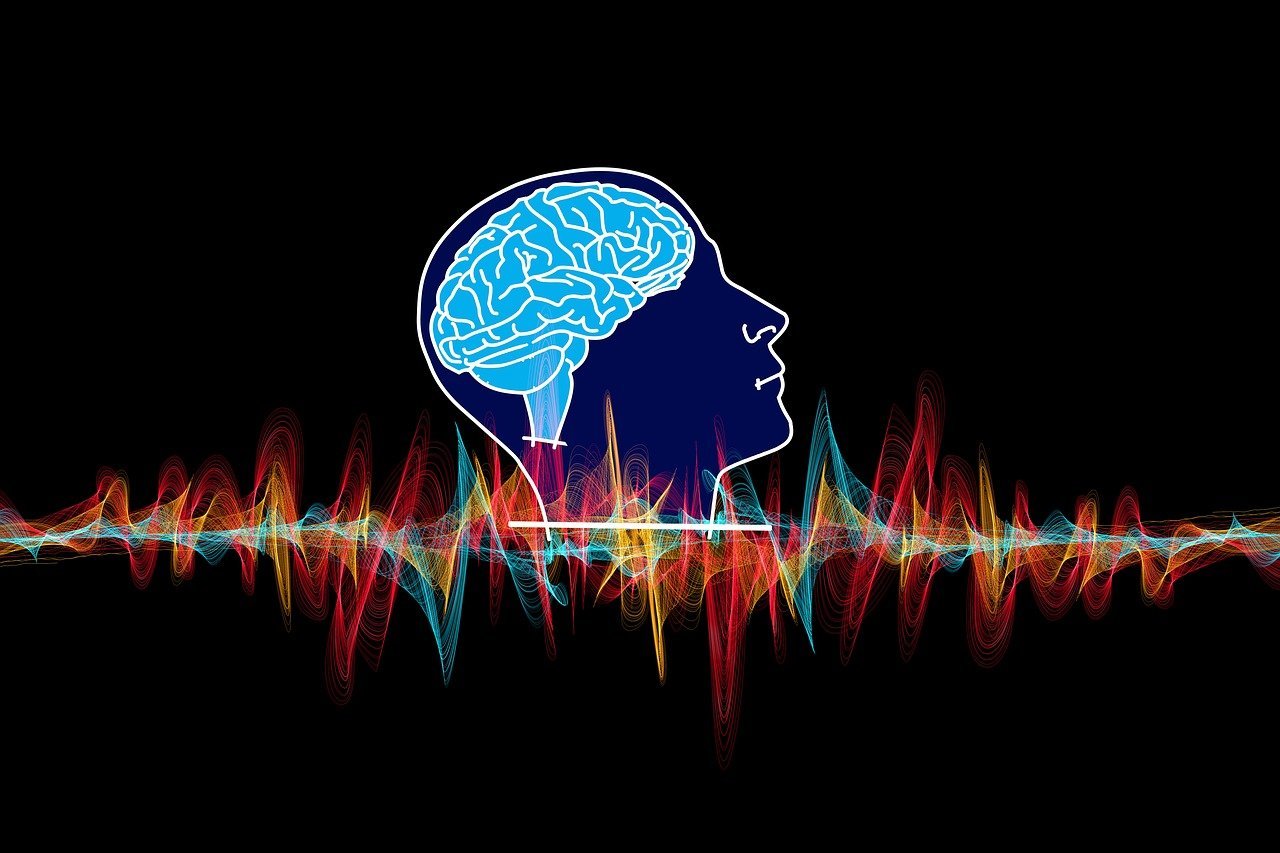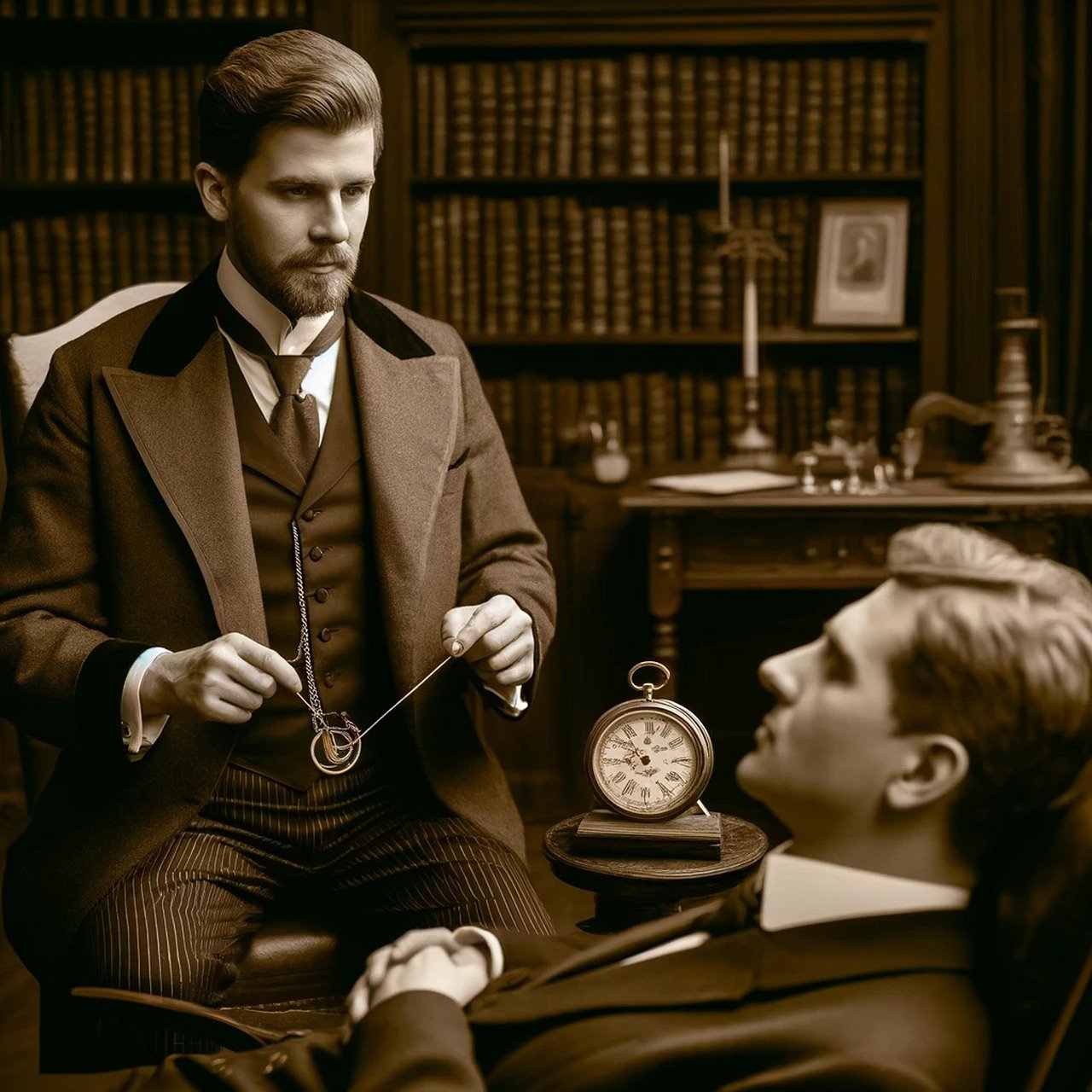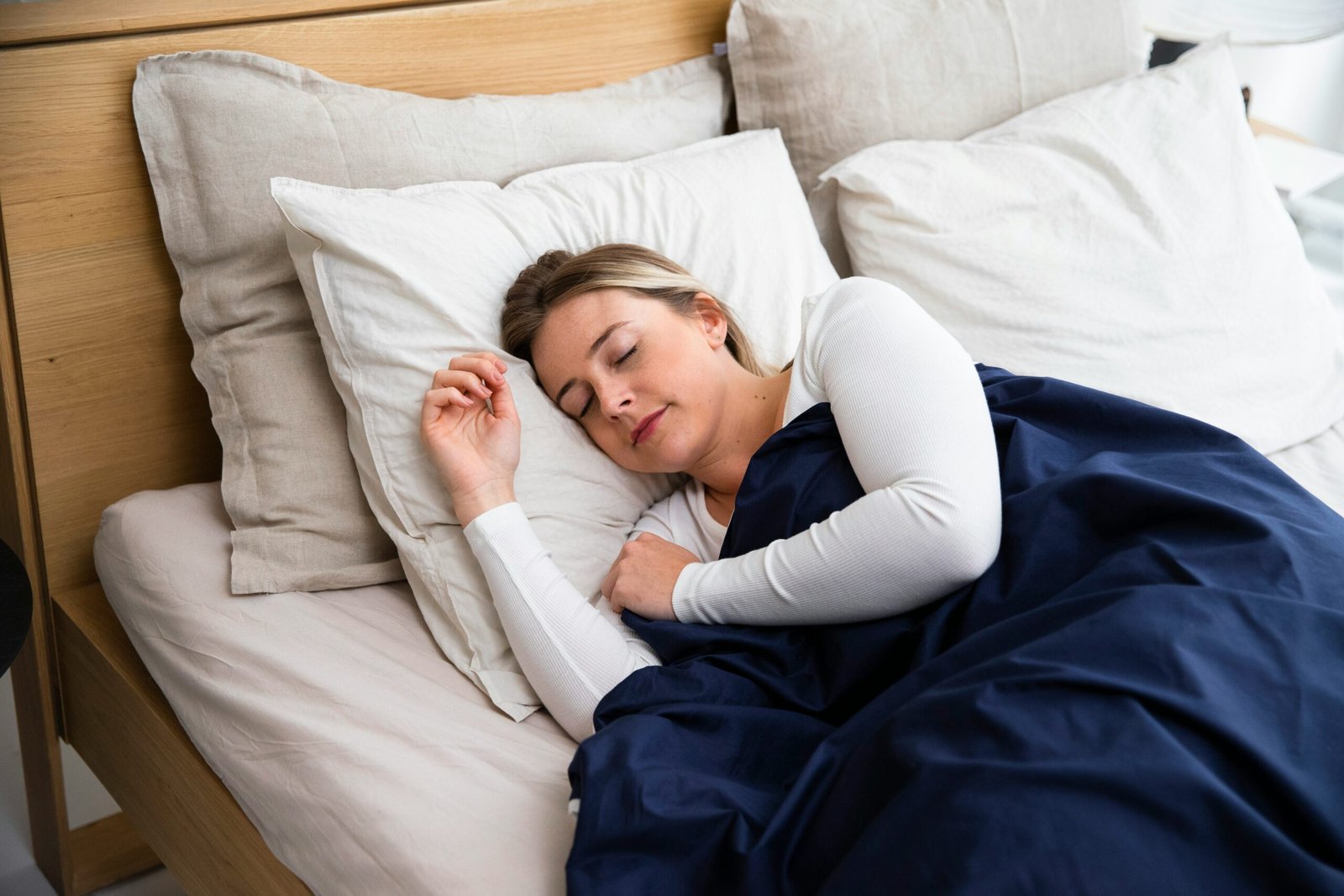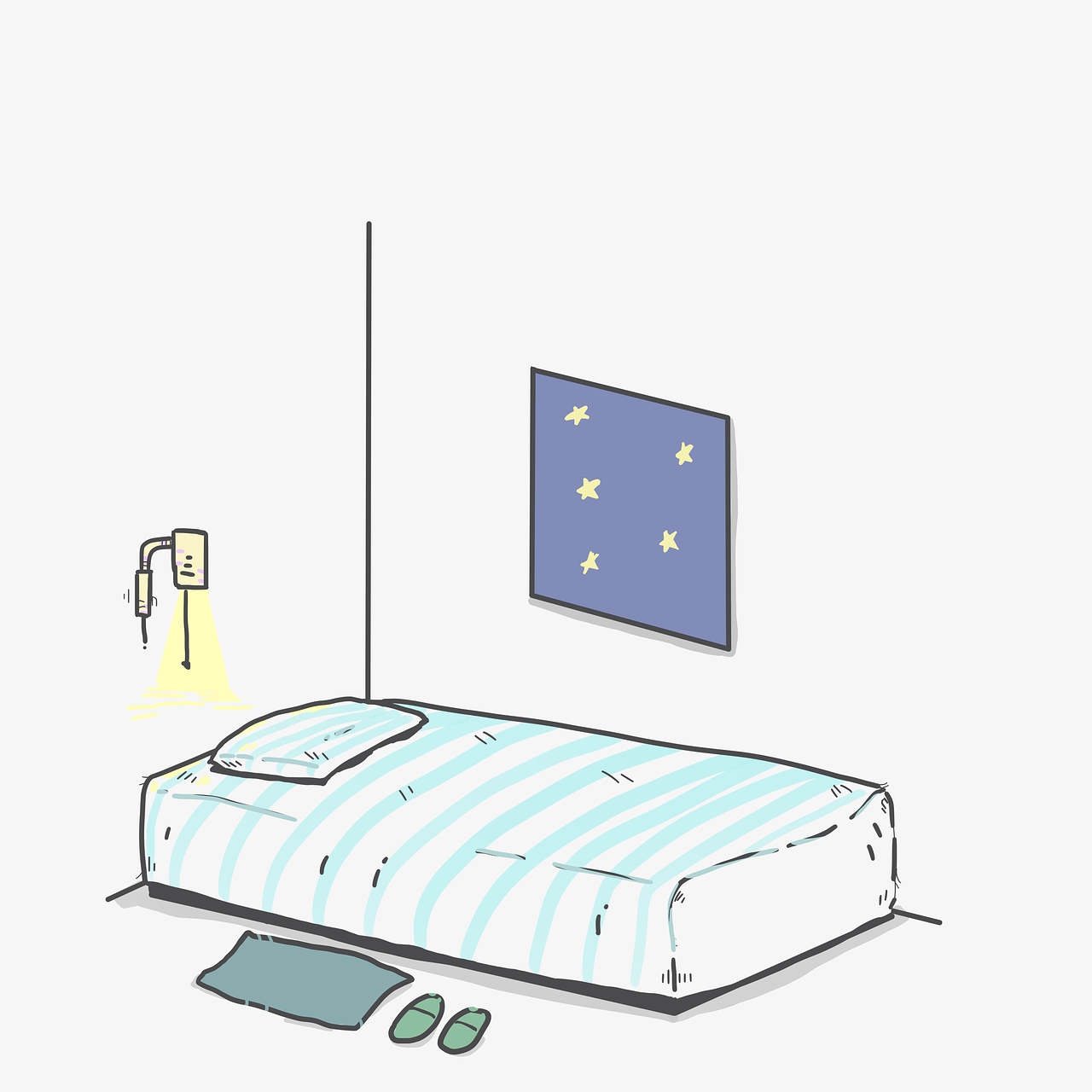Book Appointment Now

How To Sleep Better With Clinical Hypnosis
It’s 2 a.m. again. The ceiling is your only companion. You’ve fluffed your pillow, dimmed the lights, and powered down your screens—but sleep is still out of reach.
This isn’t just your story. It’s a growing global issue. Insomnia, anxiety, and overthinking are stealing rest from millions. Yet what if the problem isn’t just in your routine—but in your mind’s wiring?

That’s where hypnosis steps in—not as a magic trick, but as a proven, neurological tool for real, lasting change.
The Brain on Sleep: Why Your Mind Matters More Than Your Mattress
Before diving into hypnosis, it’s important to understand one key thing: sleep is not just physical—it’s deeply psychological.

Why We Struggle:
- Stress Overload: Daily life keeps the brain in overdrive.
- Anxiety Loop: One bad night triggers worry, which triggers more bad nights.
- Conditioned Insomnia: Your brain starts associating bed with frustration, not rest.
Your thoughts shape your sleep. Which is why hypnotic techniques—designed to quiet those thoughts—can have such a powerful impact.
Hypnosis Explained: What It Is and Why It Works
Forget stage acts and swinging watches. Clinical hypnotherapy is a focused state of deep awareness where your subconscious mind becomes more receptive to suggestion.

Here’s how it helps with sleep:
- Induces Relaxation: Hypnosis brings your body into a deeply calm state.
- Reframes Sleep Beliefs: It helps shift the negative thought patterns that fuel insomnia.
- Builds Better Habits: Suggestions planted during hypnosis can reinforce sleep-supportive behaviors.
While your conscious mind takes a break, your subconscious is busy rewiring the habits that keep you awake.
Why More People Are Turning to Hypnotherapy for Sleep
Sleep meds can help, but often come with side effects like brain fog, dependency, and rebound insomnia. Hypnosis offers a natural alternative.

Key Benefits:
- Calms the mind: Great for anxiety-driven insomnia.
- Improves sleep quality: Encourages deeper, uninterrupted rest.
- Quick onset: Helps you fall asleep faster.
- No grogginess: Wake feeling refreshed.
- Builds long-term change: Results can last beyond the sessions.
You’re not masking symptoms. You’re reshaping the source.
What the Science Actually Says
The idea of hypnotic sleep might sound novel, but the evidence is mounting—and compelling.
- A 2014 study in Sleep found hypnosis increased slow-wave sleep (deep sleep) in participants by over 80%.
- A 2018 meta-analysis in the Journal of Clinical Sleep Medicine concluded that hypnosis helped people fall asleep faster and wake up less often.
- A 2020 paper in Frontiers in Psychology found that hypnotherapy can shift brainwave activity to resemble the natural sleep cycle, helping insomniacs transition into rest.
These aren’t isolated findings. They reflect a growing body of neuroscience supporting hypnosis as a legitimate sleep intervention.
Why Hypnosis Can Be a Smarter Alternative to Medication
Sleep meds have a place, especially for acute issues. But hypnosis is gaining favor for people who want lasting change without side effects.
Compare the Two:
| Sleep Meds | Hypnosis | |
|---|---|---|
| Fast results? | Yes | Yes |
| Dependency risk? | High | None |
| Addresses root cause? | No | Yes |
| Long-term impact? | Often minimal | Often significant |
Plus, hypnosis empowers you. You’re not relying on a pill—you’re tapping into your own brain’s ability to restore balance.
How to Get Started with Hypnosis for Sleep
1. Self-Hypnosis
- Use apps like Insight Timer, Reveri, or Mindset.
- Try YouTube tracks with sleep-positive scripts.
- Create a nightly habit: same time, same track.
2. Work with a Clinical Hypnotherapist
- Sessions are usually 30–60 minutes.
- Scripts are tailored to your sleep blockers (like anxiety or overthinking).
- Most people see improvements in just 3–6 sessions.
📌 I offer one-on-one hypnotherapy sessions focused on sleep. Book your free consultation here.
Five Ways to Maximize Hypnosis’ Impact
- Be consistent: Hypnosis is a skill—practice makes perfect.
- Wind down properly: Avoid screens and caffeine.
- Combine with routines: A warm bath or journaling helps.
- Track your sleep: Use apps or journals to spot progress.
- Stay open-minded: The brain responds better when you believe it can.
Final Thoughts: Rewire, Don’t Just Rely

We’ve been told sleep is about habits. But it’s really about the mindset behind those habits.
Hypnotherapy gives you access to the operating system of your brain. It helps you change how you think about sleep, how you feel about it, and how your body responds to it.
If your nights feel like a battle, hypnosis might be the quiet ally you didn’t know you had.
🌙 Start your journey to deeper, natural sleep—one hypnotic breath at a time.

